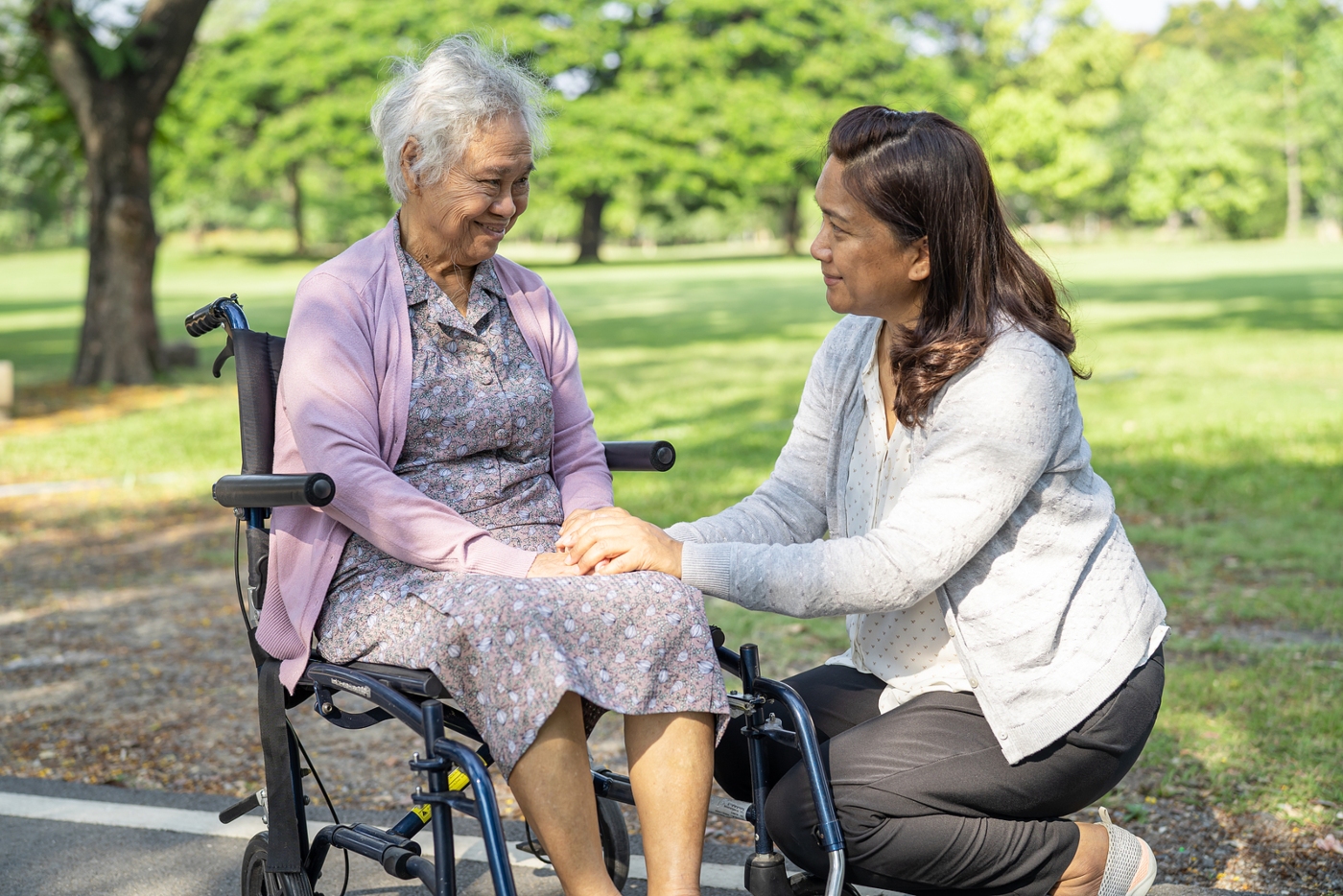Seniors who live alone often don’t realize when they’re starting to become more isolated or even lonely. Your elderly family member may spend days alone and not talking to anyone. Companion care at home is a solution that gives your elderly family member a friendly person to talk to and to spend time with on a regular basis.
Understand What Companion Care Is All About
It’s easy to misunderstand what companion care at home is all about. If you’re already familiar with senior care, you may think that these types of care are the same basically. They aren’t, though. Home care offers a lot of hands-on support with household and personal tasks that your senior may be having trouble managing on her own. Companion care is primarily about ensuring that your senior is able to have the socialization that she needs to keep her emotionally healthy.
Be Honest about Your Senior’s Needs
Your senior may be able to take care of her daily needs just as well now as ever before. But if she’s less able or willing to be around other people, that can be an area of concern. Talk with your senior about how she’s socializing and if she’s even doing so. If you’re noticing that she’s not as socially active as she was or that she is withdrawing from the people in her life, that’s important to note because it may need to be addressed.
Take Into Account How Your Senior Feels
Some people genuinely require less social engagement than other people require. Talk to your senior about how she’s feeling regarding her current level of socialization. Does she wish that friends and family lived closer to her? Is she concerned that it’s more difficult to meet people or to make new friends? If she’s expressing these sorts of feelings, she may benefit from companion care at home.
Assess Your Senior’s Habits
Something else to consider are your senior’s habits. If she tends to spend a lot of time being sedentary, for instance, having caregivers stopping by could help her to be a little more active than she is usually. People who are lonely are more likely to spend a lot of time sitting, especially while watching television.
Determine if You Need Another Set of Eyes on Your Senior’s Situation
If you live far away from your senior, you already know that it feels difficult to be a long-distance family caregiver. What helps, however, is having another set of eyes on what’s happening with your senior. Home care providers can help you to know a little more about what your senior is experiencing and what they notice when they spend time with her. If she does need more practical help, this can help you to meet those needs for her.
Having the talk about companion care with your senior gives you both a chance to assess what her needs are and put together a plan for meeting them. Over time, those needs are going to change and you can adjust the plan to fit her new needs.
Source
https://www.webmd.com/alzheimers/caregiver-resources
If you or an aging loved one is considering companion care at home in Paradise Valley, AZ, please call the caring staff at Golden Heart Senior Care of Scottsdale at (480) 284-7360. We are here to help!
